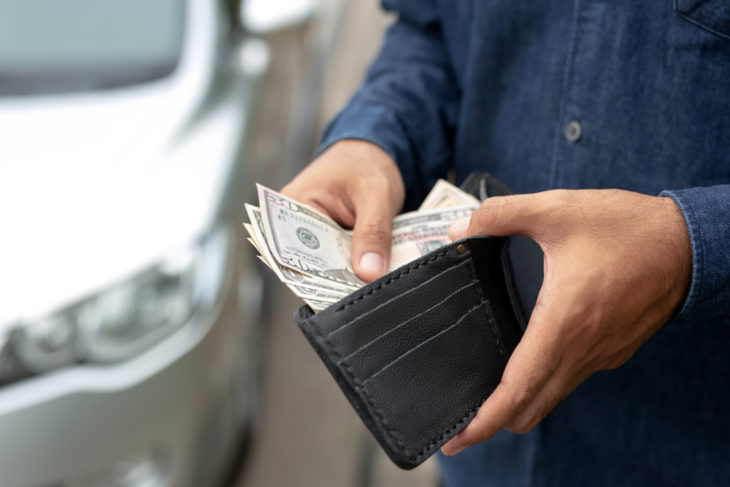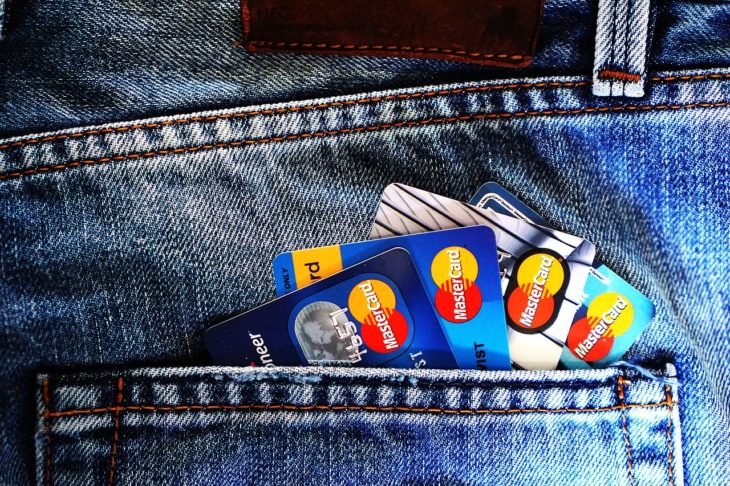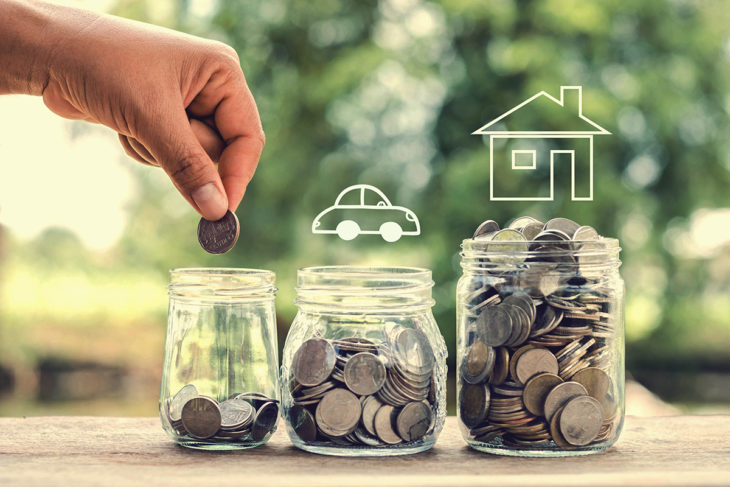If you’re lucky enough to have money in this crap-tastic economy, you’ve got to do all you can to make sure you’re using it wisely enough to not only remain financially afloat now, but also in the foreseeable – and even distant – future. Doing so involves carefully considering the way you dole out those Benjamins. While some purchases are best paid for in cash, you can get a better bang for your buck by putting some on a credit card.
For info on which purchases are better financed with cold, hard cash and which should be paid for in small increments, consider these tips, courtesy of personal finance expert Manisha Thakor.
When You Should Pay Cash

Source: Haultail
The act of physically taking money out of your wallet and handing it over to someone else makes you aware of spending money in a way that credit cards just don’t. When it comes to using cash for purchases, Thakor advises paying cash for things you want to have but don’t need to have. Doing so keeps “fun” expenditures to a minimum, yet allows you to indulge now and then. Need a haircut and color, a night of margaritas and guacamole with the girls or even a long weekend in the Bahamas with your guy? Give yourself a small budget for “fun” and pay for those kinds of things in cash. When that dough is gone, you’ll be 100 percent aware, which will prevent you from going overboard or jeopardizing what really needs to go towards necessities and your savings.
When You Should Use Credit Cards

Image by TheDigitalWay from Pixabay
When used properly, credit cards are a helpful, convenient addition to your spending arsenal. Used with reckless abandon, though, they can wreck your financial stability faster than Angelina Jolie can bust up a marriage. If you’re gonna use credit cards, charge stuff and then pay off your bill on time and in full when the statement comes (which, really, is just like paying with cash except you don’t have to lug around wads of it like P Diddy or whatever the hell he’s calling himself these days). Responsibly paying with plastic also helps build your credit rating and, depending upon the type of card, can give you reward points and/or offer other protection like car insurance on rental vehicles, Thakor explains. However, if you put things on your card that you can’t pay off at the end of the month you are, in effect, “borrowing” your purchases and paying more than their actual price tag, typically at a mid-teen or higher interest rate, she adds. Ouch.
In order to keep your credit card spending in line, Thankor advises using credit cards primarily when you’re buying things online, as they offer you the ability to dispute a charge if your merchandise is lost or damaged, which paying in cash or using a debit card does not. She also recommends using a credit card when booking and paying for a hotel room, as many hotels require that you put down a piece of plastic when you check in to cover any incidental expenses you incur (minibar, anyone?) or Lindsay Lohan-style damage you cause during your stay. Lastly, she advises using plastic when renting a car. “Some—but not all—credit cards offer protection that enables you to decline the costly ‘collision damage’ insurance offered at the rental desk,” she notes.
When You Should Finance

Source: GettyImages
After the financial Armageddon that has been the U.S. economy over the past two years, it’s logical to ask, “Why finance anything?” Unless you specialize in hedge funds (and if you do, mazel tov – can I have some of your money?), Thakor says the best reason to finance something is if you truly need it but don’t have the cash to pay for it. “Personally, I think it’s no small coincidence that debt is a four letter word,” she says. “I think it should be used very cautiously and only for things that you truly need or that will greatly enhance your future earnings power.” Situations she gives the thumbs-up to: buying a home (you get a tax deduction on your mortgage interest if you itemize your taxes and, hopefully, you’ll one day sell it for a nice profit on your original investment), buying a basic car (you need wheels, so finance it, but don’t spring for one that costs more than one-third of your annual income, she suggests) and to fund your education (an advanced degree almost always earns you more money, but be careful to not borrow more than you think you will make on average in your first 10 years out of school).
Original by Chelsea Kaplan
